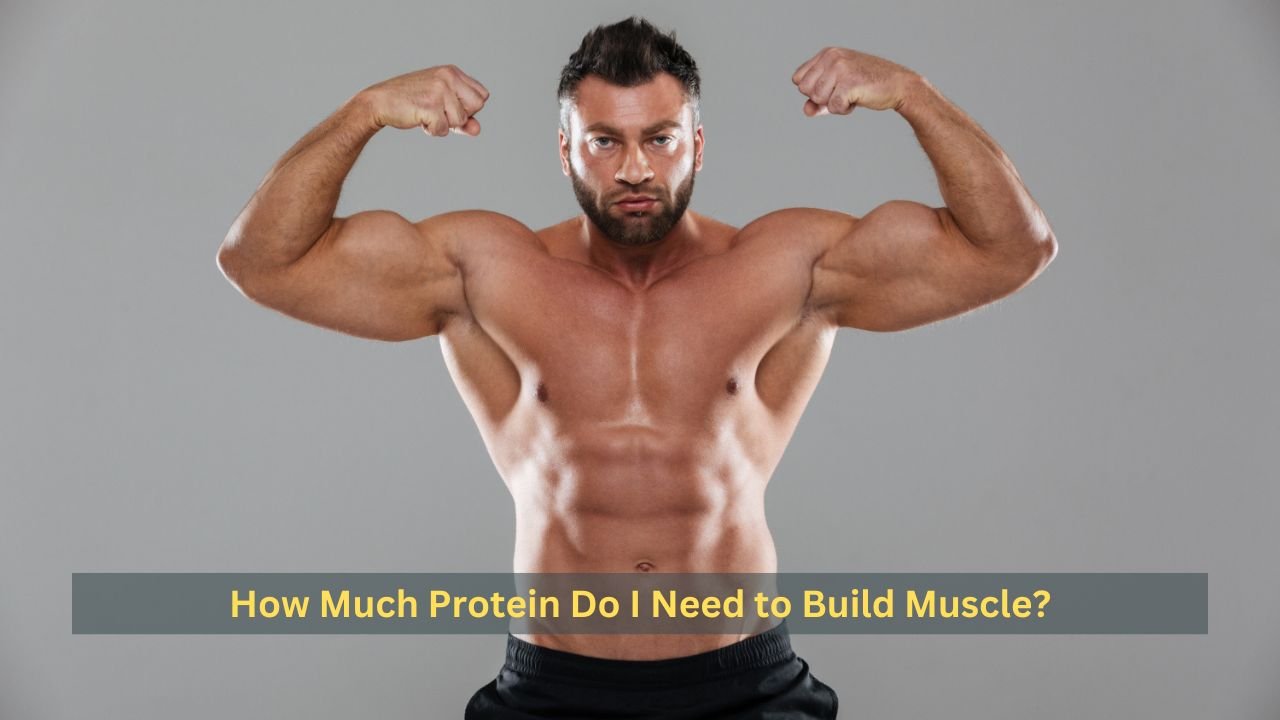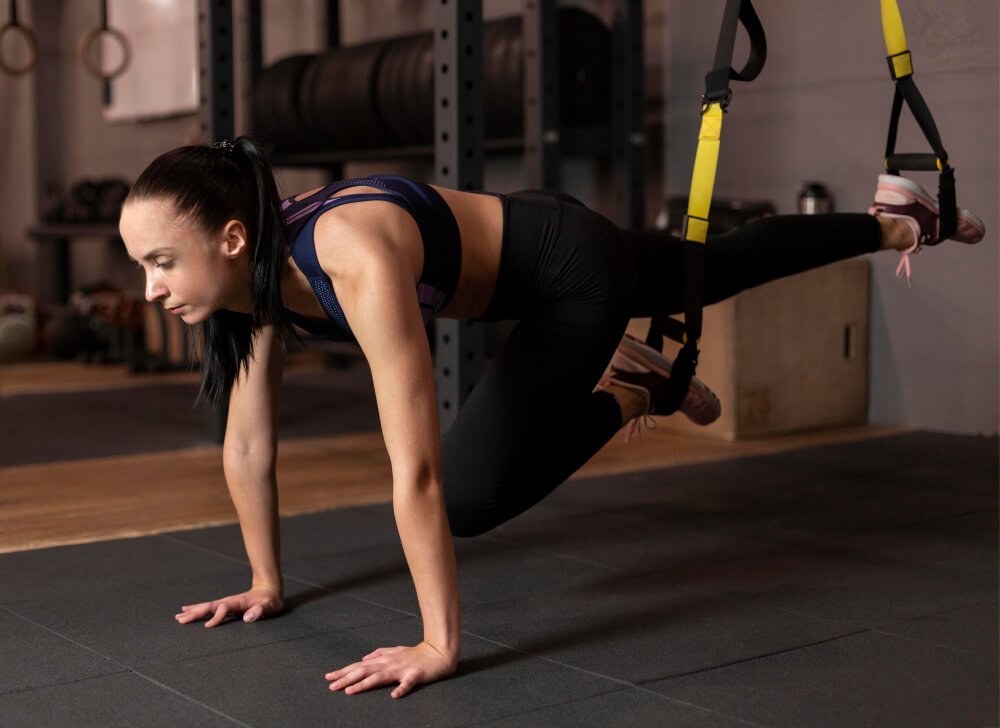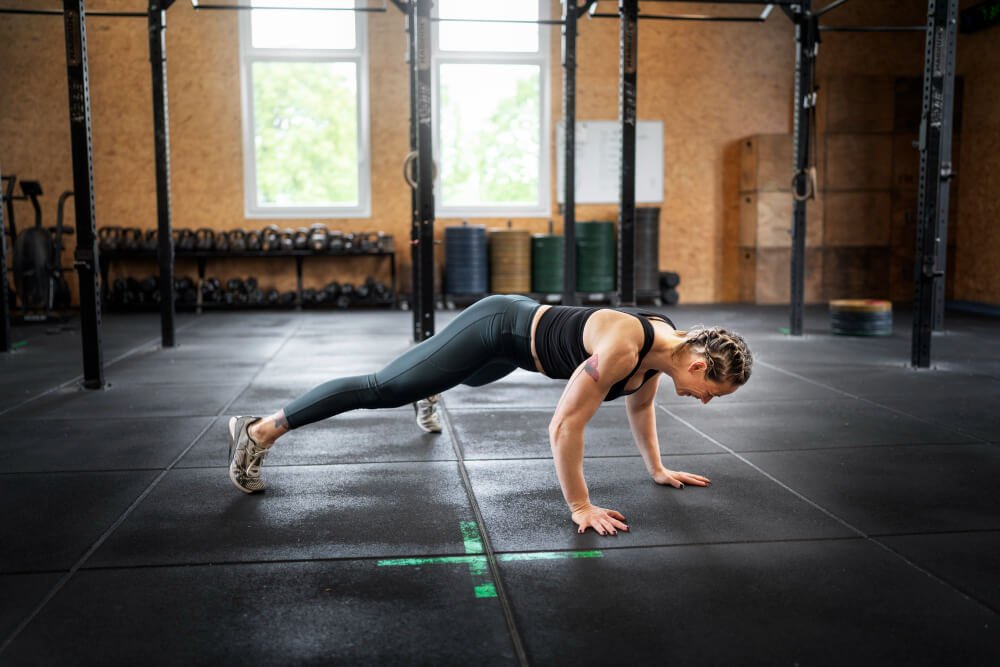How Much Protein Do I Need to Build Muscle?

If you’re diving into the world of fitness, you’ve probably heard that protein is the magic word for building muscle. But how much protein do you actually need? Let’s break it down in a way that’s easy to understand and apply to your daily life.
Understanding Protein
Protein is a vital nutrient that plays a key role in repairing and building muscle tissue. When you work out, especially during strength training, you create tiny tears in your muscle fibers. Protein helps repair these tears, making your muscles stronger and bigger over time. Think of protein as the construction crew that fixes and builds your muscle “house.”
How Much Protein Do You Really Need?
The amount of protein you need can vary based on several factors like age, gender, weight, and activity level. However, a common guideline is to consume between 1.2 to 2.2 grams of protein per kilogram of body weight per day for those looking to build muscle. This range ensures that your muscles get enough fuel to grow without overloading your system.
Calculating Your Protein Needs
Let’s break this down with an example. Suppose you weigh 70 kilograms. Here’s how you can calculate your protein needs:
- Minimum Protein Intake: 70 kg x 1.2 g = 84 grams of protein per day
- Maximum Protein Intake: 70 kg x 2.2 g = 154 grams of protein per day
So, for someone weighing 70 kg, the recommended protein intake for muscle building would be between 84 to 154 grams daily.
Protein Sources
Now that you know how much protein you need, let’s talk about where to get it. There are plenty of protein-rich foods out there, and it’s important to have a variety in your diet to get all the essential amino acids your body needs. Here are some excellent sources:
Animal-Based Protein
- Chicken Breast: A staple in many fitness enthusiasts’ diets. It’s lean and packed with protein.
- Eggs: Not just the whites! The yolk contains vital nutrients too.
- Greek Yogurt: High in protein and can be a tasty snack or breakfast item.
- Fish: Salmon, tuna, and other fish are not only high in protein but also provide healthy fats.
- Lean Beef: Great for muscle building and contains important minerals like iron.
Plant-Based Protein
- Lentils: A versatile legume that’s high in protein and fiber.
- Chickpeas: Can be used in salads, stews, or made into hummus.
- Tofu: A great meat substitute that can be prepared in many different ways.
- Quinoa: A grain that’s also a complete protein, meaning it has all nine essential amino acids.
- Nuts and Seeds: Almonds, chia seeds, and hemp seeds are good snacks and can be added to meals for an extra protein boost.
Timing Your Protein Intake
Timing can also play a role in how effectively your body uses protein. Here are a few tips:
Pre-Workout
Having a small protein-rich meal or snack before your workout can give your muscles a head start on recovery. Think about having something light like a banana with peanut butter or a small protein shake.
Post-Workout
This is the golden time to refuel your muscles. Aim to have a protein-packed meal or snack within 30 minutes to an hour after your workout. This helps kickstart the muscle repair process. Popular post-workout options include:
- Protein Shakes: Quick and convenient.
- Grilled Chicken with Vegetables: A balanced meal with lean protein and nutrients.
- Cottage Cheese with Fruit: High in protein and a good source of carbs.
Throughout the Day
It’s not just about what you eat before and after your workout. Distributing your protein intake evenly throughout the day helps keep your muscles fueled and your metabolism running smoothly. Aim to include a source of protein in every meal and snack.
The Role of Overall Diet in Muscle Building
While protein is crucial, it’s important to remember that your overall diet matters too. Carbohydrates and fats also play significant roles in muscle growth and recovery.
Carbohydrates
Carbs are your body’s main source of energy. When you work out, your body uses glycogen (stored carbohydrates) for fuel. If your glycogen levels are low, you might feel sluggish and not perform at your best. This is why it’s essential to include enough carbs in your diet. Good sources include:
- Whole grains: Brown rice, oats, quinoa, and whole-wheat products.
- Fruits: Apples, bananas, berries, and citrus fruits.
- Vegetables: Sweet potatoes, broccoli, spinach, and bell peppers.
- Legumes: Beans, lentils, and peas.
Healthy Fats
Fats are not the enemy. In fact, they are essential for hormone production, including hormones like testosterone that play a role in muscle growth. Healthy fats also help your body absorb vitamins and provide a concentrated source of energy. Include these healthy fat sources in your diet:
- Avocados: Great on toast, in salads, or as guacamole.
- Nuts and Seeds: Almonds, walnuts, chia seeds, and flaxseeds.
- Olive Oil: Perfect for cooking or as a salad dressing.
- Fatty Fish: Salmon, mackerel, and sardines are rich in omega-3 fatty acids.
Supplements
Supplements can be helpful, but they are not magic solutions. If you’re getting enough protein from whole foods, you might not need supplements. However, they can be convenient, especially if you’re struggling to meet your protein needs through food alone. Common supplements include:
- Whey Protein: Fast-digesting and ideal for post-workout shakes.
- Casein Protein: Slow-digesting, making it a good option before bed.
- BCAAs (Branched-Chain Amino Acids): Can help reduce muscle soreness and aid recovery.
- Creatine: Known for boosting strength and muscle mass.
Always remember, supplements should complement a balanced diet, not replace it.
Hydration
Staying hydrated is often overlooked but is incredibly important for muscle function and overall health. Water helps transport nutrients to your muscles and removes waste products. Dehydration can lead to muscle cramps, fatigue, and decreased performance. Aim to drink at least 8 glasses of water a day, and more if you’re exercising intensely.
Rest and Recovery
Muscle building doesn’t just happen in the gym; it happens when you’re resting. Adequate sleep and rest days are crucial for muscle recovery and growth.
Sleep
Aim for 7-9 hours of quality sleep each night. During sleep, your body releases growth hormone, which helps repair and build muscle tissue. Poor sleep can hinder your progress and even lead to muscle loss.
Rest Days
Incorporate rest days into your workout routine. Overtraining can lead to injuries and burnout. Listen to your body and give it time to recover. This doesn’t mean you have to be inactive; light activities like walking or stretching can aid recovery.
Putting It All Together
To help you visualize how to incorporate all these elements into your diet, here’s a sample day of eating for muscle building:
Breakfast
- Oatmeal with Protein Powder: Add a scoop of whey protein to your oats and top with berries and almonds.
- Greek Yogurt Parfait: Layer Greek yogurt with granola and honey.
Mid-Morning Snack
- Apple with Peanut Butter: A perfect balance of carbs, protein, and healthy fats.
Lunch
- Grilled Chicken Salad: Mixed greens, cherry tomatoes, cucumbers, and olive oil dressing.
- Quinoa: As a side dish for extra protein and carbs.
Afternoon Snack
- Protein Shake: Blend with a banana and some spinach for extra nutrients.
- Handful of Nuts: Almonds or walnuts are great options.
Dinner
- Baked Salmon: With a side of sweet potato and steamed broccoli.
- Lentil Soup: For an additional protein boost.
Before Bed Snack
- Cottage Cheese: Topped with pineapple or berries.
- Casein Protein Shake: Helps with overnight muscle recovery.
Conclusion
Building muscle isn’t just about hitting the gym hard—it’s about making smart choices with your diet and lifestyle. Protein is a critical part of the equation, but it’s important to balance it with the right amount of carbohydrates and healthy fats. Paying attention to hydration and giving your body ample rest and recovery time are also key components of a successful muscle-building plan.
Remember, there’s no one-size-fits-all answer to how much protein you need. By understanding your own body’s needs and experimenting with different protein sources and timings, you can find what works best for you. Supplements can be helpful, but they should never replace real, whole foods.
Building muscle takes time, dedication, and patience. Stay consistent with your workouts, nourish your body with the right foods, and ensure you’re getting enough rest. With these steps, you’ll be well on your way to achieving your muscle-building goals. Keep at it, and enjoy watching your progress unfold!



